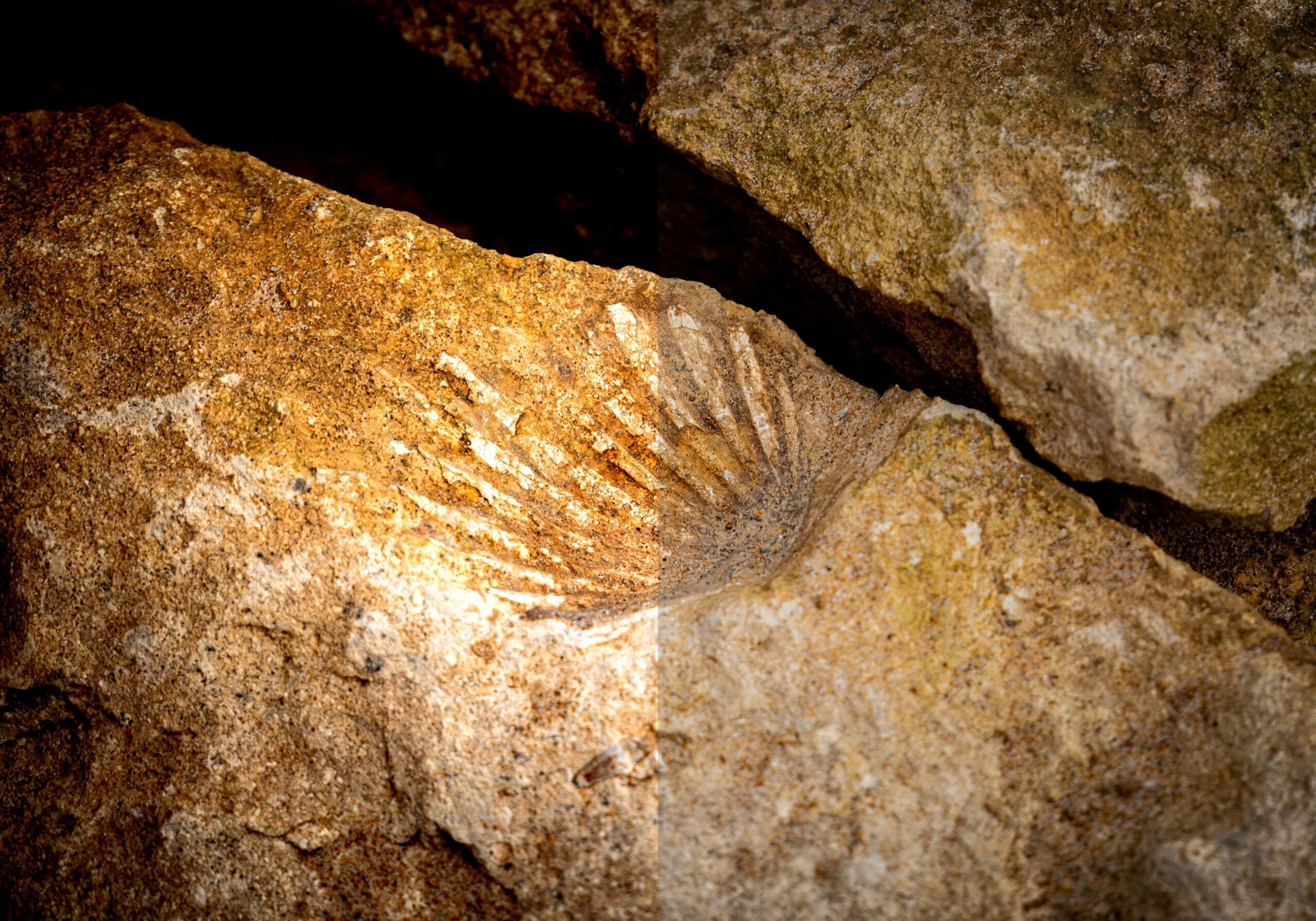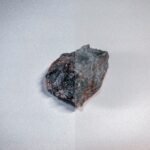Are you ready to embark on a thrilling journey through time? Join me as we uncover the secrets of Earth’s ancient past and delve into the captivating world of fossils! In this article, we will explore the fascinating realm of fossil facts for KS2 students. From the intriguing origins of fossils to their significance in deciphering the history of our planet, get ready to unearth a wealth of knowledge and ignite your curiosity. So buckle up and prepare to be amazed as we embark on an adventure that will leave you in awe of the wonders that lie beneath our feet!
Fossil Facts for KS2
Fossils are like time capsules that hold secrets about Earth’s history. They are the preserved remains or traces of ancient organisms, giving us a glimpse into the world that existed millions of years ago. Imagine being able to learn about creatures that roamed the Earth long before humans even existed!
So, what exactly are fossils? Well, they can be the remains of animals or plants that have turned into rock over time. These remains can be bones, teeth, or even footprints and leaves. Fossils provide valuable clues about what these ancient organisms looked like and how they lived. They are like a snapshot frozen in time, waiting for curious minds like yours to unravel their stories.
Did you know? The oldest fossils ever discovered are between 3.48 billion and 4.1 billion years old. They are like ancient treasures that hold the key to understanding the origins of life on Earth!
You might be wondering, “Why are fossils important?” Well, there are many reasons! One of the main reasons is that fossils help scientists piece together the puzzle of Earth’s history. By studying fossils, scientists can learn about past environments, the evolution of different species, and even how changes in the Earth’s climate have affected life throughout time. Fossils are like clues that help scientists understand the story of life on our planet.
Key Point: Fossils are not just interesting to look at; they hold valuable information that helps scientists unravel the mysteries of our past.
Now, let’s talk about some fascinating facts about fossils:
Fossils have been found in rocks of all ages, stretching back billions of years. From the smallest trilobite to the mighty dinosaurs, fossils come in all shapes and sizes. Each one has a unique story to tell, and by studying them, we can learn more about the diverse range of life that has existed on Earth.
It is unusual to find a whole fossilized animal. Instead, scientists usually find select bones or teeth. It’s like finding a few puzzle pieces and using them to recreate the entire picture. By studying these fragments, scientists can determine what the whole animal might have looked like and how it interacted with its environment.
Although fossils have been found from a wide variety of species, it’s important to note that most of the species found in the fossil record have become extinct. Just like how species today can go extinct, the same happened to organisms in the past. Fossils provide evidence of species that are no longer with us, reminding us of the ever-changing nature of life on Earth.
Key Point: Fossils are not just about dinosaurs; they represent a rich tapestry of ancient life, showcasing the diversity and complexity of past ecosystems.
Fossils can be found all over the world, from the tops of mountains to the depths of oceans. Some of the most famous fossil sites include the Burgess Shale in Canada, the La Brea Tar Pits in the United States, and the Solnhofen Limestone in Germany. These sites have yielded countless fossils and have provided scientists with invaluable information about the history of life on Earth.
Remains are considered fossils if they are over 10,000 years old. This means that not everything that’s old can be called a fossil. It takes a lot of time for an organism to become fossilized, and many factors need to align just right for the preservation process to occur. Fossils are incredibly special because they are like a window into the past, allowing us to learn about the organisms that lived long before us.
Key Point: Fossils are a time capsule, preserving life from ancient times and giving us a unique glimpse into the past.
Now that you know some fascinating facts about fossils, it’s time to put on your paleontologist hat and start exploring! There are so many exciting things waiting to be discovered in the world of fossils. Who knows, maybe you’ll be the one to unravel a new piece of Earth’s history!
Remember, fossils are not just rocks; they are the remains of once-living beings. They tell stories, challenge our understanding, and ignite our curiosity. So, go out there, explore, and let the world of fossils captivate you!
“Fossils are like portals to the past, allowing us to witness the wonders of ancient life firsthand.”
Fossils hold secrets from ancient times, offering us glimpses into the intriguing world of prehistoric life. If you’re curious to uncover fascinating facts about fossils, especially for KS2 students, then look no further. Visit our website at facts about fossils ks2 to embark on an exciting journey through time. From the discovery of dinosaur bones to the preservation of ancient plants, this resource will captivate young minds and provide a wealth of knowledge about the wonders of fossils. Don’t miss out on this educational adventure – click the link now!
FAQ
Question 1
What are fossils?
Answer 1
Fossils are the preserved remains or traces of a dead organism. They can be the remains of creatures that lived millions of years ago, such as bones, or they can be traces like footprints or leaves. Fossils provide clues about what an animal or plant would have looked like.
Question 2
Where are fossils found?
Answer 2
Fossils have been found in rocks of all ages, stretching back billions of years. However, most of the species found in the fossil record have died out or become extinct. Remains are usually considered fossils if they are over 10,000 years old.
Question 3
How old can fossils be?
Answer 3
The age of fossils can vary greatly. The oldest fossils discovered so far are between 3.48 billion and 4.1 billion years old. It is unusual to find a whole fossilized animal; scientists usually find a few select bones or teeth instead.
Question 4
Why are fossils important?
Answer 4
Fossils are important because they help us understand the history of Earth. They provide evidence of past life forms and can tell us about the climate and environment of ancient times. By studying fossils, scientists can learn how species have evolved over time.
Question 5
What does a fossil look like?
Answer 5
Fossils come in various forms. They can be bones, teeth, shells, imprints of leaves, or even footprints. However, finding a complete fossilized animal is rare. Usually, scientists discover only a few select parts of the organism, which still give valuable insights into its characteristics and existence.
- Mastering Leader in Spanish: The Complete Guide - April 19, 2025
- Uncovering Surprising Parallels: England Size Compared to US States - April 19, 2025
- Old Mexico Map: Border Shifts 1821-1857 - April 19, 2025
















